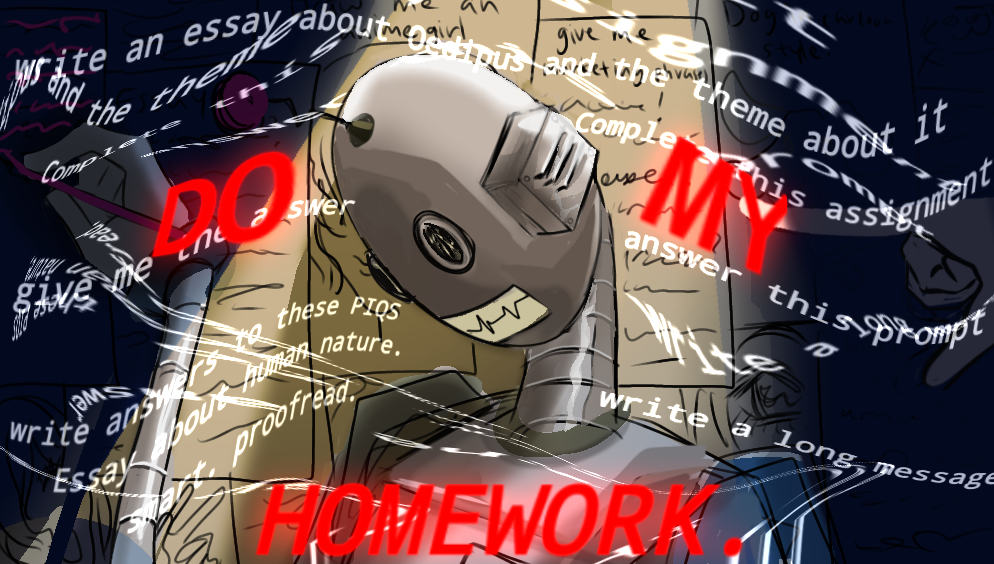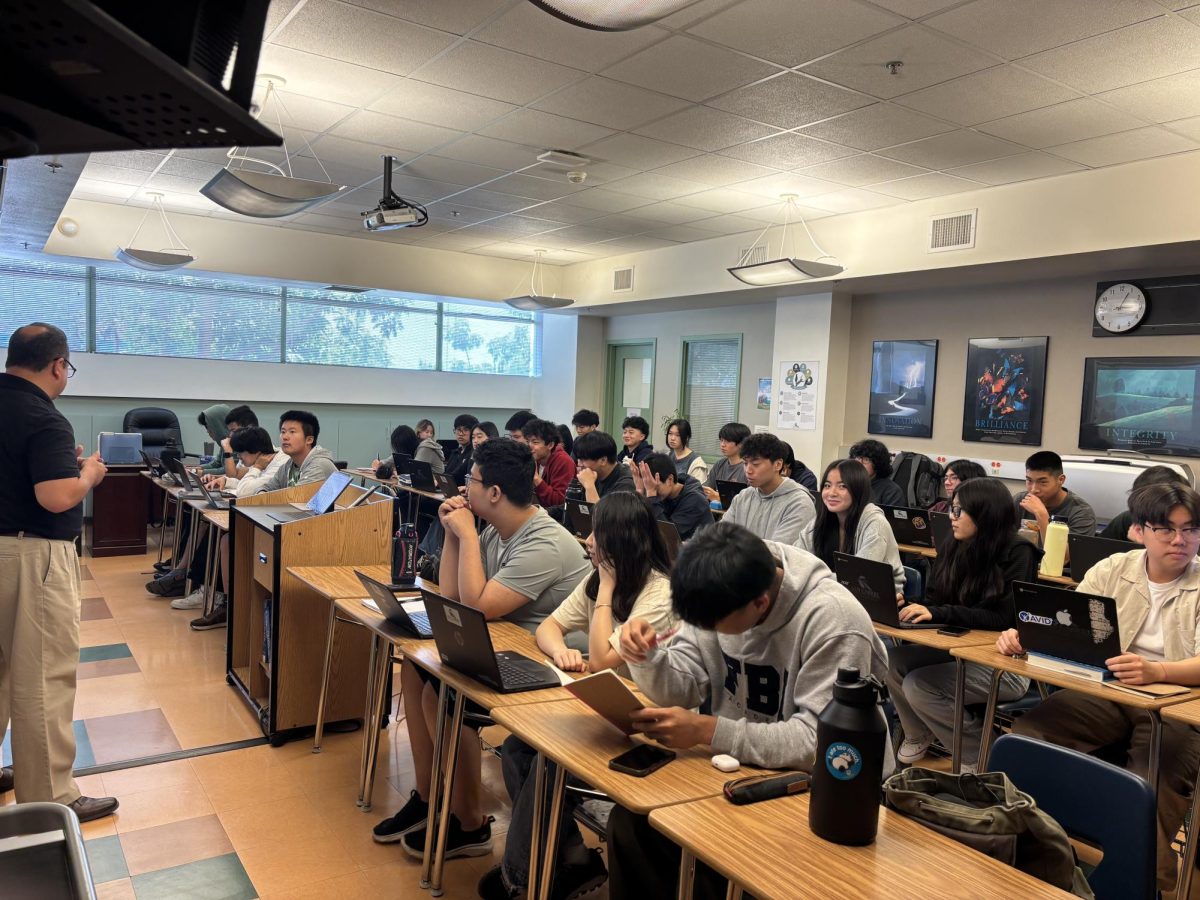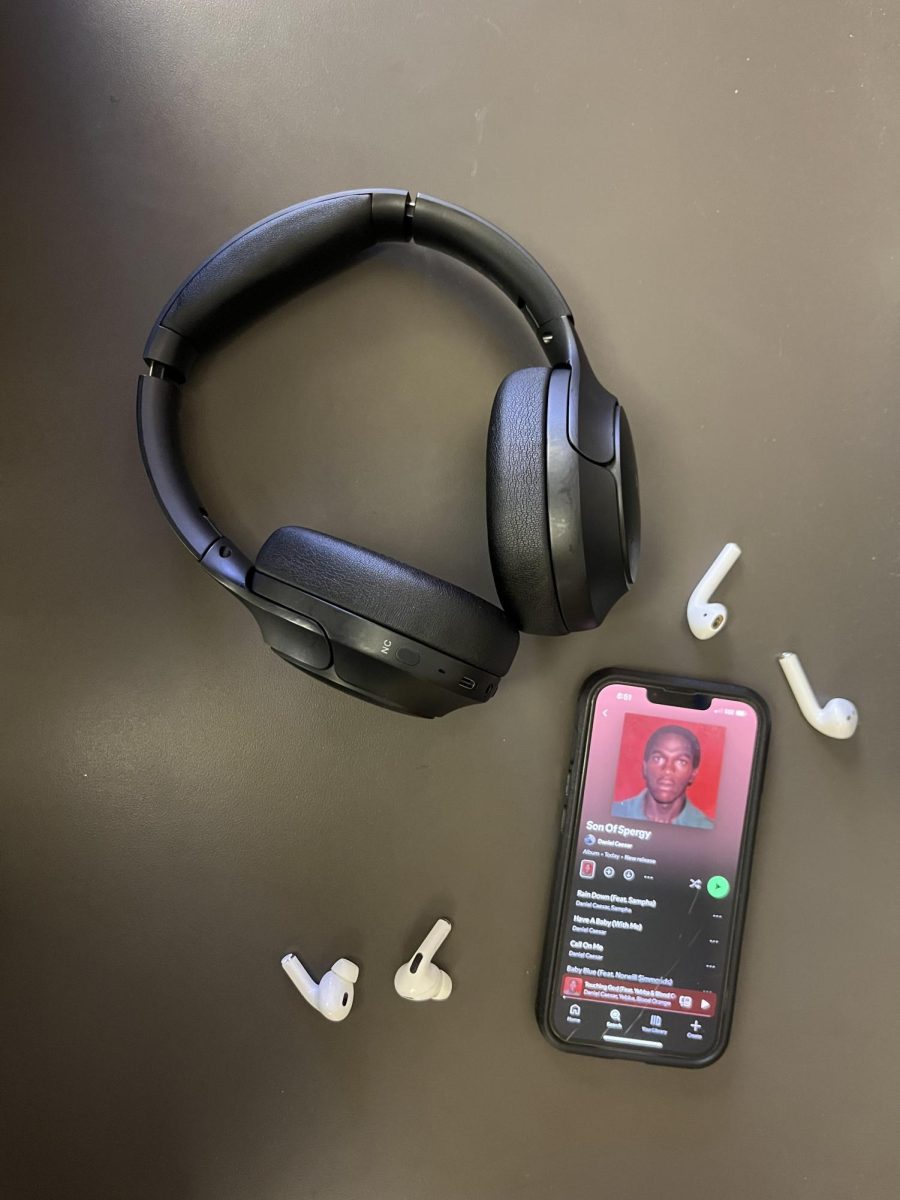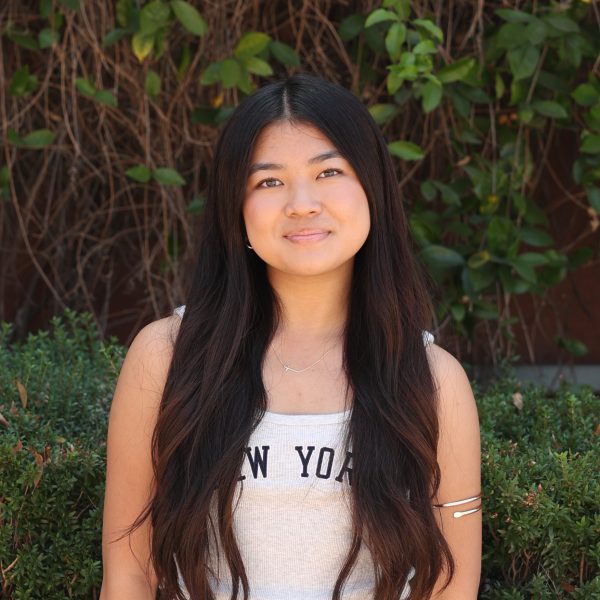Every senior knows that fall isn’t just pumpkin spice, homecoming, and football games — it’s college application season. Between writing essays, tracking deadlines, and figuring out what you want to do with your life, it can feel like a never-ending cycle of stress and self-doubt.
For many students, the hardest part isn’t just the work itself — it’s the overall pressure of the process that gets to them. Senior Noah Murphy said the most stressful part is “Figuring out where to go and what to study.”
That’s something that many students relate to. Choosing a college feels like choosing your entire future, and that thought alone can make anyone anxious. Senior Aaron Phan agreed, saying that the essays and personal insight questions (PIQs) exacerbate the issue. “You overthink what to write and how to express yourself,” he said. “You want it to sound perfect, but that just makes it more stressful.”
Some people might argue that this kind of pressure is normal — even helpful— because it pushes students to work harder. And sure, a little motivation can be good. But too much stress can do the opposite, leaving you drained and discouraged. That’s why learning how to manage it matters just as much as hitting “submit” on your applications.
And then, there’s the pressure that comes from all sides — parents, teachers, and even ourselves. Some parents push hard for their kids to get into specific schools, especially UCs or big-name universities. Others are more relaxed, but the expectations still linger. Senior Agueda Garcia says that while her parents used to pressure her about college, she realized she needed to want it for herself. “You should go to college because you want to, not because someone else expects it,” she said. It’s true — you have to make the decision that feels right for you.
Of course, social media doesn’t help either. Seeing other students post their acceptance letters or videos about getting into their dream schools can be tough. Phan mentioned that it can really mess with people’s confidence. “You see everyone posting their success, and it makes you feel like you’re falling behind,” he said. It’s easy to compare yourself and feel like you’re not doing enough, but the truth is, everyone’s path looks different. What makes it worse is that social media only shows the highlight reel — the good moments that make it seem like everyone else has it figured out. You don’t see the rejections, the stress, or the late nights behind those “I got in!” posts.
So how do you handle it all without burning out? Most students say it comes down to balance. Agueda believes time management is key — especially during senior year when everything piles up at once. “Push yourself, but also know when to slow down and take care of yourself,” she said. It’s okay to take breaks and step away from your laptop. Stress doesn’t magically disappear, but learning how to manage it makes a huge difference.
Having support helps, too. Senior Angelo Louis shared that his friends make a big difference by helping him forget about school stress. “We push each other to finish what we need to do, but also remind each other when it’s time to take a break,” he said. Sometimes, just talking about how stressed you are can make things feel lighter. Bottling it all up only makes it worse.
Teachers and counselors also play a big role, but many students wish they were a bit more involved. Instead of short check-ins or generic reminder emails, longer one-on-one talks could make a real difference. “Even just talking through goals or backup plans would help students feel less alone,” Murphy said.
Parents, on the other hand, can sometimes make things harder without realizing it. Constantly bringing up deadlines or asking “Have you submitted your apps yet?” adds more stress. Agueda put it best: “What helps more is reassurance and encouragement, not pressure.” Sometimes, all a student needs to hear is “I’m proud of you” or “You’re doing great.”
At the end of the day, it’s important to keep things in perspective. College is a big step, but it’s not your entire life. Noah said it perfectly: “College isn’t everything — it’s just four years out of a much bigger life.” Whether you get into your top choice or not, your future doesn’t end there. Rejection doesn’t define you — it just redirects you.
Once the process is over, many students realize it wasn’t as bad as it felt in the moment. They emerge from it stronger, more organized, and more confident in their ability to handle stress. “The time management skills and balance you learn now,” Agueda said, “will help you later in college and in life.”
So, if you’re in the middle of the chaos right now, take a breath. Remind yourself that you’ve got this. The college application process might test your patience, but it doesn’t define your future — you do.












